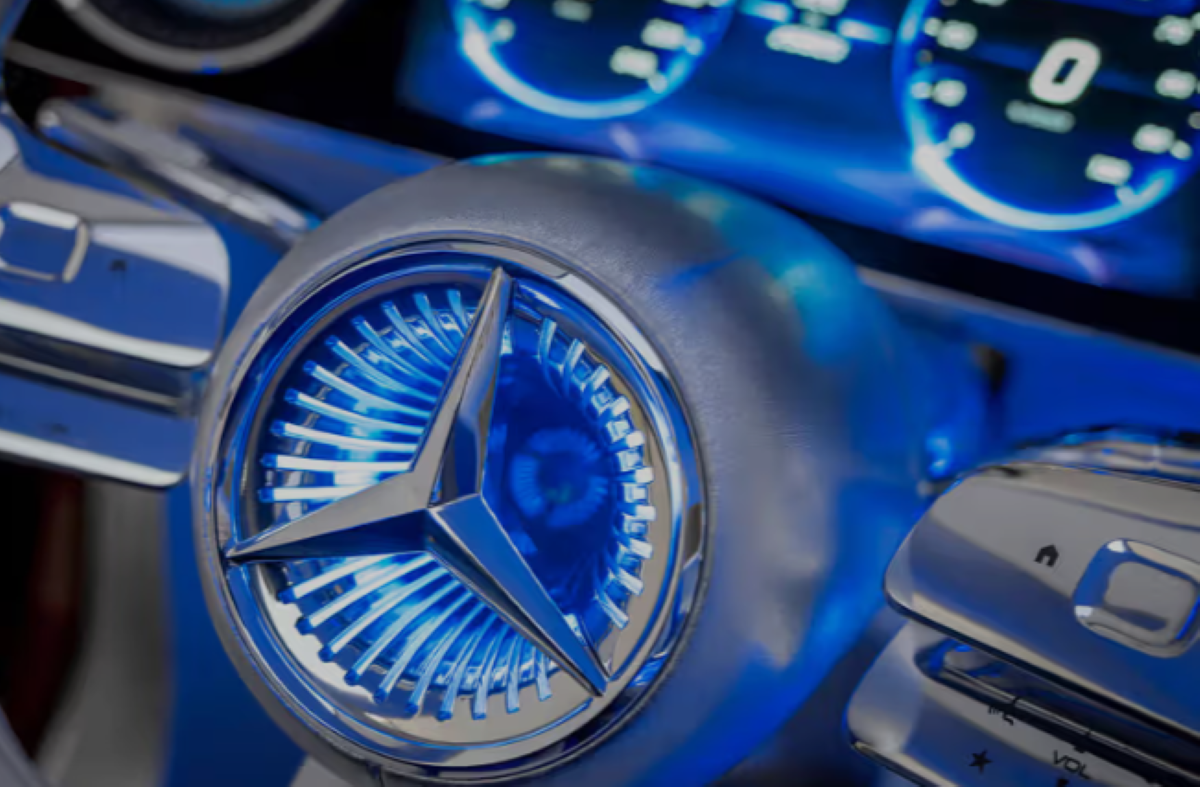

The German multinational luxury automotive company Mercedes-Benz Group is bracing for a significant drop in earnings this year as it faces intense competition and fluctuating global demand. In response, the automaker is rolling out cost-cutting measures, aiming to slash production expenses by 10 per cent by 2027 while working closely with suppliers to lower material costs.

Rising prices for key materials like chemical coatings and metals, including aluminium, have hit the company hard. Last year, its operating earnings hit 30 per cent, while the carmaking margin fell from 12.6 per cent to 8.1 per cent. The biggest blow came from its car division, where earnings plummeted by 40 per cent in 2024, largely due to sluggish sales in two of its most crucial markets: —China and Germany.
The automaker anticipates a slight decline in sales for 2025 compared to 2024, projecting unit sales to fall below the 1.98 million vehicles sold this year. Additionally, the company expects its carmaking margin to range between 6 and 8 per cent in 2025. This forecast may disappoint investors and labour representatives, who had urged a minimum sales target of 2 million cars to ensure full production capacity utilisation.
On February 20, 2025, Ola Kallenius, the CEO of the Mercedes-Benz Group, stated, "To ensure the company's future competitiveness in an uncertain world, we are taking steps to make the company faster, leaner, and stronger."
Several European automakers, including Mercedes, have seen declining demand in key markets. In Europe, sales have yet to recover to pre-pandemic levels, while Chinese consumers increasingly prefer more affordable domestic electric models amid economic uncertainty.
A major factor in this slowdown is the challenging shift to electric vehicles. Despite significant investments, EV sales have fallen short of expectations, prompting many automakers to cut costs and refocus on upgrading their combustion-engine lineups.
Mercedes Benz Grouped published on its website, "Due to its special properties, aluminium is a key material in vehicle construction—and it is increasingly gaining importance. We introduce the light metal: its characteristics, extraction and processing, use in vehicles, and our aluminium strategy.
Aluminium is increasingly replacing steel in vehicle construction due to its lightweight properties, enhancing energy efficiency and reducing carbon dioxide emissions. In electric vehicles, this weight reduction extends the driving range. The amount of aluminium used in Mercedes-Benz vehicles varies by model. In entry-level models, for example, approximately 360 kilograms of aluminium is used, with the body accounting for only about 10 per cent of that total.
Image credit: Mercedes Benz Group



Responses






